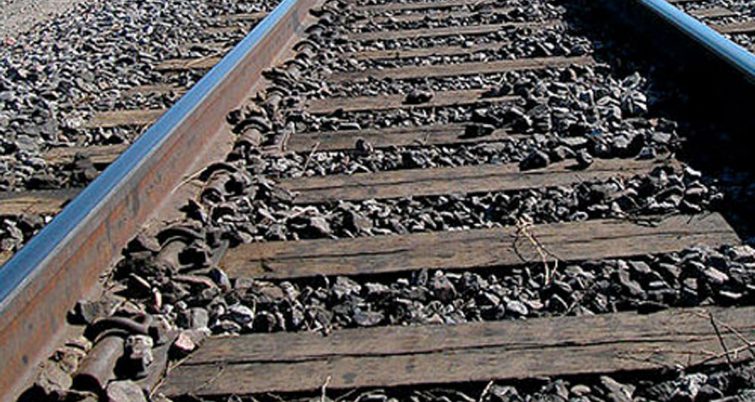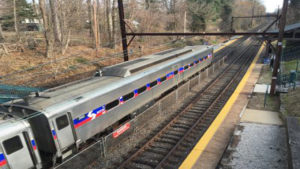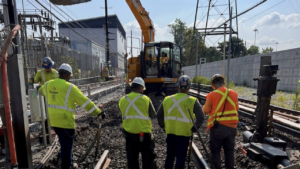Canada awards clean air research grants
Written by Mischa Wanek-Libman, editor
Transport Canada has awarded 10 projects grants to support academic research aimed at reducing air emissions from the rail sector.
This is the fifth round of the program and each grant will provide up to CA$25,000 (US$19,000) in funding.
“I am pleased that we are taking concrete action to a cleaner, more innovative economy that reduces emissions and protects the environment. Our clean transportation efforts will achieve emission reductions, improve human health, and provide environmental benefits, while supporting clean growth and generating jobs for Canadians. We will all benefit by reducing rail emissions and by supporting research of new and emerging technologies,” said Minister of Transport Marc Garneau.
The 10 recipients and their area of study include:
- University of Alberta: Genetic algorithm approach towards optimizing container placement in intermodal trains for reduced aerodynamic drag.
- University of British Columbia: Hardware-in-the-loop simulation of hybrid hydrogen fuel cell/battery powertrains under real railway duty cycles.
- University of Windsor: Hydrogen-enabled low-emissions and fuel-efficient diesel engine combustion technology for clean locomotives.
- University of Waterloo: Hydrogen hybrid locomotive and refueling design for Ontario.
- University of Toronto: Hydrail for Clean Rail Transport.
- University of Ontario Institute of Technology: Feasibility studies on novel combined gas turbine and fuel cell systems for clean rail applications.
- University of Ontario Institute of Technology: Active levitation and propulsion system for hyperloop transport.
- Carleton University: Long-term durability and damage tolerance of lightweight materials for Canadian freight railcar applications.
- Carleton University: Multidisciplinary framework for the design optimization of eco-efficient freight railcars.
- Université du Québec à Rimouski: Application of new technologies to improve energy efficiency of rail transport.





